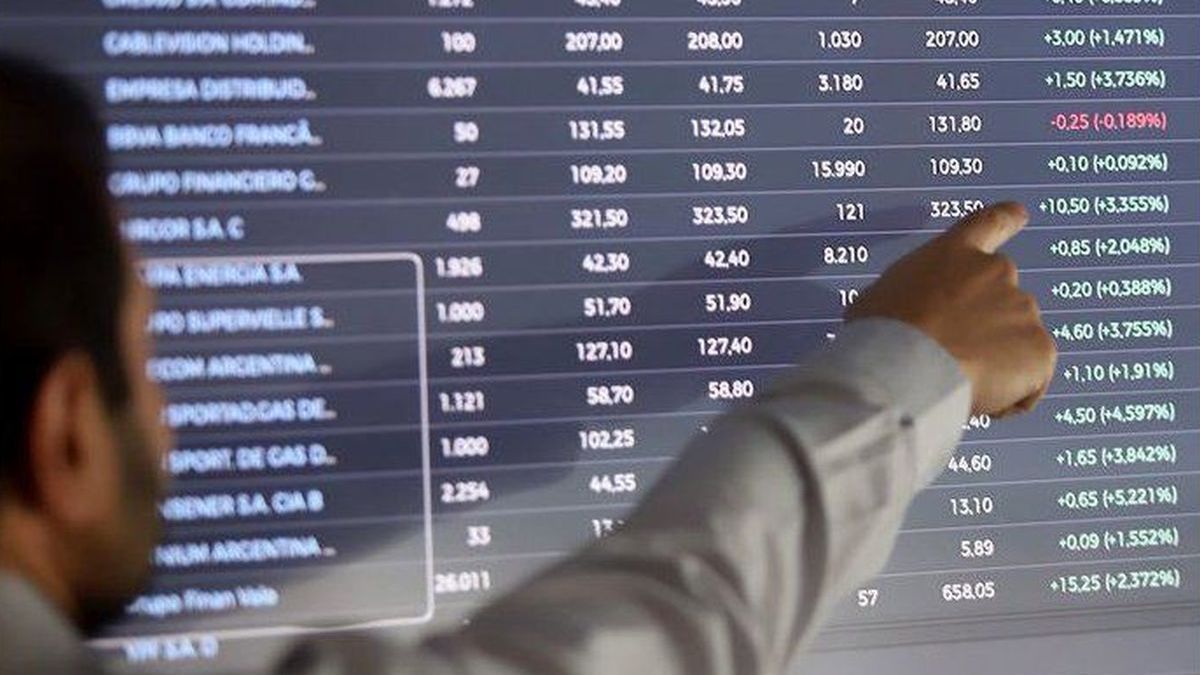In the leading panel, the main increases corresponded to Cresud (+3.9%), Telecom (+2.1%), and Pampa Energía (+1.6%). The losses, for their part, were led by Central Puerto (-2.4%), Transportadora Gas del Norte (-2.4%) and Byma (-1%).
The doubts refer to the future expiration that the country will have to face in March of some US$2.9 billion to the IMF, at a time when the reserves of the Central Bank (BCRA) are at a negative level. This context would force President Alberto Fernández to deal with what was agreed in Congress to avoid payment.
“Despite the jerks, investors still anticipate that parliamentary validation would finally be achieved, although even then there will still be a long way to go to meet the fiscal and monetary goals, which represents a challenge and will also require political support. “Gustavo Ber assured.
For its part, ADRs closed mixed. The biggest increases were Telecom (+1.8%), Ternium (+1.4%) and Central Puerto (+1.2%). The main decrease was Edenor with 4.1%.
Bonds and country risk
In the fixed income segment, dollar sovereign bonds closed with most losses. The greatest decrease corresponded to Bonar 2029 (-1.8%), Global 2038 (-1.6%) and Global 2030 (-1.6%). For their part, CER-adjusted Bonds closed unevenly. The largest increase was TX28 (+1.7%) and the most important decrease was DIPO (-0.8%).
The segment of fixed income in pesos is waiting for the number of the Consumer Price Index (CPI) measured by INDEC to be known and it may be higher than expected. Country risk rises 0.5% to 1,778 basis pointsfor the third consecutive day.
“The positive emotional ‘shock’ attracted by the announcement of an agreement with the IMF does not seem to want to extend over time and for the moment its effectiveness only managed to lift them from the minimum”said Javier Rava, of Rava Bursátil and added: “In this sense, the flow remains moderate in an expectation that they can be unlocked based on greater clarity in the economic context and fewer concerns in the process of making the agreement with the organism”.
“We entered discount time with less than 40 days of the ‘deadline’ to reach an agreement. The low level of net reserves (of the central bank) does not allow delays in the negotiation with the IMF”said a brokerage.
Source: Ambito
David William is a talented author who has made a name for himself in the world of writing. He is a professional author who writes on a wide range of topics, from general interest to opinion news. David is currently working as a writer at 24 hours worlds where he brings his unique perspective and in-depth research to his articles, making them both informative and engaging.




